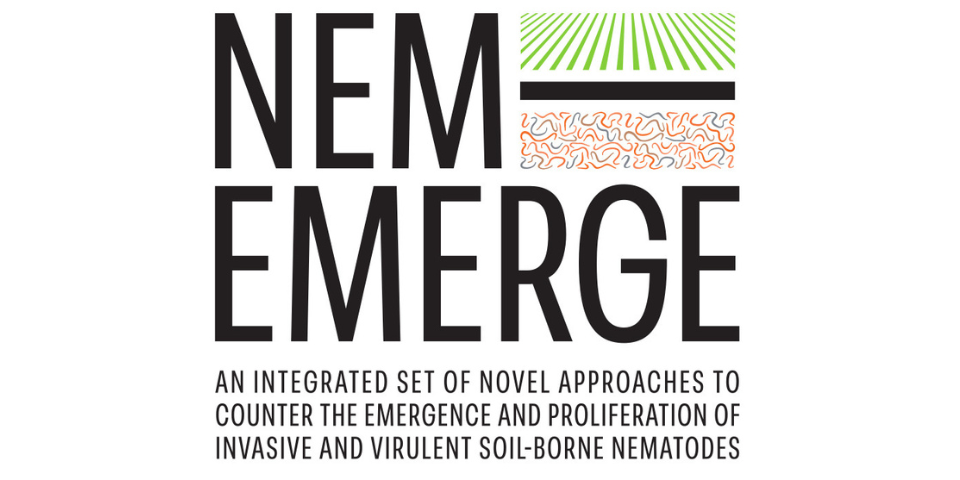Enkhuizen,The Netherlands
July 23, 2024
Partnering up in NEM-EMERGE initiative
Together with several leading organizations, we are joining the NEM-EMERGE project to combat root-knot nematodes (RKN) and potato cyst nematodes (PCN). RKN alone contributes to approximately 5% of global crop losses.

Recognizing the critical need for sustainable pest management strategies, NEM-EMERGE aims to deliver scientifically grounded solutions suitable for both conventional and organic agriculture. These solutions are anchored in Integrated Pest Management (IPM) principles, including optimized crop rotation schemes with cover crops, tailored plant resistances, and leveraging soil's natural antagonistic properties. The project also focuses on developing robust monitoring and risk assessment tools to support informed decision-making by plant health authorities.
To ensure the broad adoption of NEM-EMERGE innovations, we are addressing the specific requirements of both conventional and organic growing sectors by positioning NEM-EMERGE as a key driver in advancing sustainable agricultural practices, aligning closely with the Farm to Fork strategy and contributing to the ambitious objectives of the Green Deal.
At Enza Zaden, our collaboration in this project is driven by several key objectives:
- Understanding the impact of climate change on the emergence and spread of root-knot nematodes
- Gaining molecular insights into the genetic factors that enable nematodes to be virulent on vegetables with resistance genes
- Identifying the hallmarks of heat-stable resistance genes.
This knowledge will be instrumental in developing heat-stable root-knot nematode-resistant vegetable varieties.
These objectives are crucial for growers as they provide a comprehensive approach to tackling nematode-related challenges in agriculture. By understanding climate change impacts and genetic mechanisms, and by focusing on heat-stable resistance, we aim to deliver innovative solutions that enhance crop resilience and productivity. This will ultimately lead to higher yields, reduced crop losses, and more sustainable farming practices, benefiting growers globally.